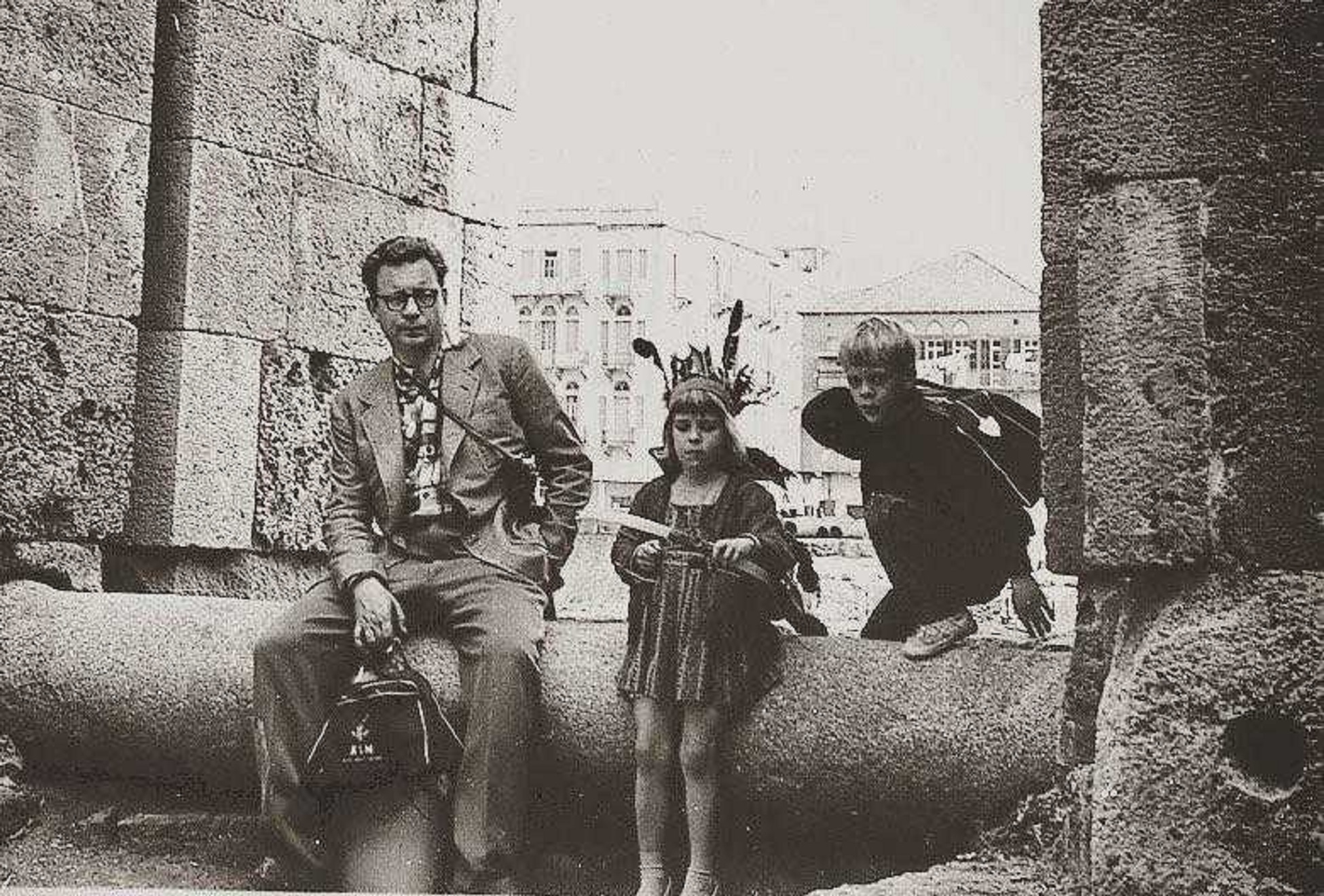CIA officer Miles Copeland Jr. sightseeing in Beirut in the 1950s with, daughter Lennie, and son and future Police drummer Stewart Copeland. Photo: Central Intelligence Agency.
Unlike The New York Times, Victor Marchetti and Philip Agee, my complaint has been that the CIA isn’t overthrowing enough anti-American governments or assassinating enough anti-American leaders, but I guess I’m getting old.” — Miles Copeland Jr. 1986 Rolling Stone interview.
Miles Copeland Jr. was an American musician, businessman, father of a musical dynasty, and Central Intelligence Agency (CIA) operations officer who played a significant role in numerous covert operations and foreign policy events in the 20th century. He is perhaps best known for his relationship with Egyptian president Gamal Abdel Nasser, as recounted in his book The Game Player, and his public and often controversial commentary on intelligence issues.
Copeland was born in Birmingham, Alabama, in 1916 as the son of a doctor. He attended the University of Alabama but dropped out of college in 1940 to pursue a career as a jazz musician. Jazz was the first love of his life. He performed and composed for such musical luminaries as Ray Noble, Benny Goodman, Glenn Miller, Stan Kenton, Dave Brubeck, and Buddy Rich.
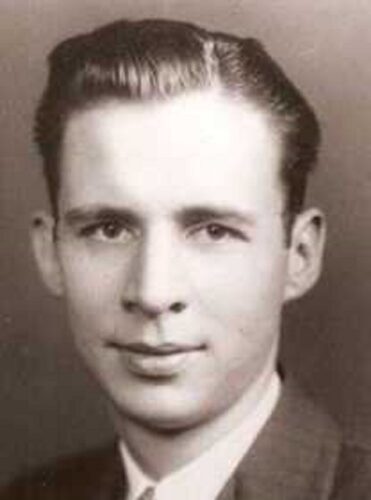
He joined the Army during the Second World War and scored high on the Army General Classification Test (similar to an I.Q. test), so high in fact that the Army suspected him of cheating. This attracted the attention of General William Donovan, the Director of the Office of Strategic Services (OSS), the precursor of the CIA. Donovan was not only impressed with his Copeland’s high score but also the prospect that he had somehow gamed the system.
Copeland was sent by Donovan to London, where he ran an OSS Counterintelligence school and received the Legion of Merit for his work. He also trained as a commando in the Scottish Highlands and enjoyed challenging the security by stealing a safe from the U.S. Army headquarters. Copeland was fond of games. He was an early “gamer” before the word became popular. He participated in the Grosvenor Square war games that aimed to anticipate the German’s reaction to the Allied landing in northwest France. Copeland met many notable people during his time in Europe, such as Boris Pash, an officer involved with the U.S. Manhattan Project that produced the first atomic bond, and Ernest Hemingway, American novelist, short-story writer, journalist, and sportsman
As the war was ending, Copeland was tasked with writing a history of U.S. counterintelligence activities in Europe, which involved interviewing various Nazi scientists and spies. He also questioned German counterintelligence officers to find out which of the British and American spies they had executed or had turned against the Allies.
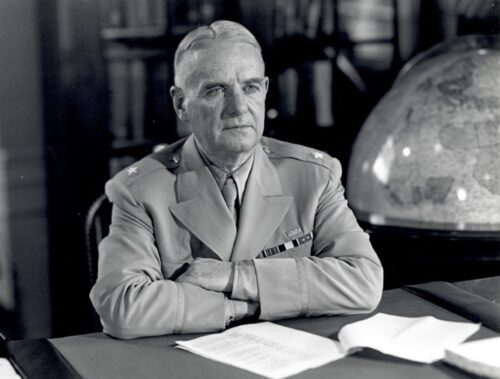
After the war ended, President Harry S. Truman decided to disband the OSS in September 1945. Truman did not trust the OSS director, William J. Donovan, who was a close ally of his political rival, Franklin D. Roosevelt. Truman wanted to reorganize the military and civilian intelligence agencies under his direct control and supervision, and avoid duplication of efforts and conflicts of interest. He was also concerned about the potential abuses of power and violations of civil liberties by the OSS, which operated in secrecy and with little oversight or accountability. Truman believed that the OSS was no longer needed in peacetime, and that its functions could be performed by other existing agencies other existing. agencies, such as the State Department, the FBI, and the Army and Navy intelligence services, until a permanent intelligence agency could be established.
The War Department assumed responsibility for the remaining OSS assets, under the Strategic Services Unit (SSU). Intelligence collection, like that conducted by Secret Intelligence (SI) and X-2, the OSS counter-intelligence branch, was retained at a reduced level. The SSU operated from October 1945 to April 1946. It was headed by General John Magruder, who had previously served in the OSS. The SSU was a temporary solution until a permanent intelligence agency could be established.
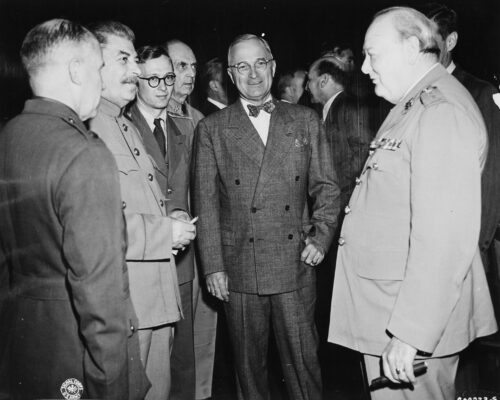
President Truman saw the need for a permanent intelligence agency was to prevent another surprise attack like Pearl Harbor. He believed that the lack of coordination and communication among the various branches of the military and the government had contributed to the failure to anticipate the Japanese strike. He wanted to create a centralized organization that could collect, analyze, and disseminate information from all sources and provide timely and accurate intelligence to the president and other policymakers.
In January 1946, President Truman President Harry Truman established the Central Intelligence Group (CIG) as a temporary successor to the OSS. The SSU was then integrated into the CIG, forming the core of its foreign intelligence division. The CIG later became the CIA in 1947. The CIG became the Central Intelligence Agency (CIA) in September 1947. The CIA was created by the National Security Act of 1947, which gave it more autonomy and a broader mandate to conduct covert operations and coordinate all intelligence activities.
Copeland became the CIA’s first Middle East expert after he was posted there in 1949. For eight years, he built local networks and recruited agents throughout the region. He spoke ten languages, including Arabic and French, which helped. While at the CIA, he was involved in numerous operations, including working with Kermit “Kim” Roosevelt (CIA’s top man in Iran at the time) in Operation Ajax, the 1953 Iranian coup d’état, known in Iran as the 28 Mordad coup d’état, and involvement in Project FF (Fat Fucker), an attempt to pressure King Farouk of Egypt to make political reforms that would lessen the likelihood of violent political change contrary to American interests. There are also highly controversial allegations that he may have been involved in the 1949 Syrian coup d’état, which was the first military coup in modern Syrian history.
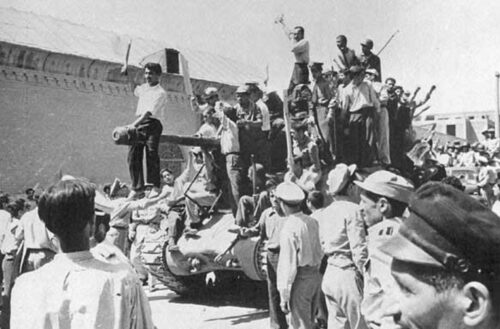
Copeland retired from the CIA in May 1957 and co-founded Copeland & Eichelberger, a Beirut-based industrial consultancy and public relations firm, but continued to work in intelligence and became a respected authority on the Middle East. He often clashed with his former colleagues over his expertise (and large ego). By 1970, he had retired completely from the intelligence realm.
Copeland became a conservative writer and commentator who advocated for more aggressive actions against anti-American governments and leaders. He wrote several books on intelligence matters (some to the consternation of CIA), including The Game of Nations: The Amorality of Power Politics (1969); Without Cloak or Dagger: The Truth About the New Espionage (1974); and The Game Player: Confessions of the CIA’s Original Political Operative (1989).
Copeland was married to Lorraine Adie, a Scottish archaeologist who worked for the British Special Operations Executive (SOE) during World War II. She was born in Edinburgh in 1921 as the daughter of a neurosurgeon and an opera singer. She was educated at Wycombe Abbey girls’ school in Buckinghamshire. She met him in London while working on intercepting German radio communications and decoding their troop movements. They married in 1942 and moved to the Near East, where she developed an interest in Paleolithic archaeology. She worked for over fifty years in this field and published several papers and books.
They had four children — a daughter and three sons. Their daughter, Lorraine (Lennie), is a film producer. Their three sons — Miles III, Ian, and Stewart — have all had successful careers in the music industry. Stewart was a founding member and the drummer of the English rock band The Police.
Copeland died in 1991 in England. His wife died in 2013 in France.

*The views and opinions expressed on this website are solely those of the original authors and contributors. These views and opinions do not necessarily represent those of Spotter Up Magazine, the administrative staff, and/or any/all contributors to this site.
